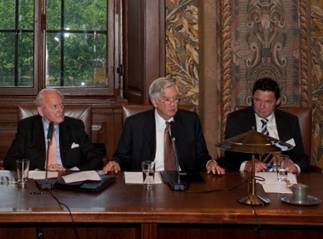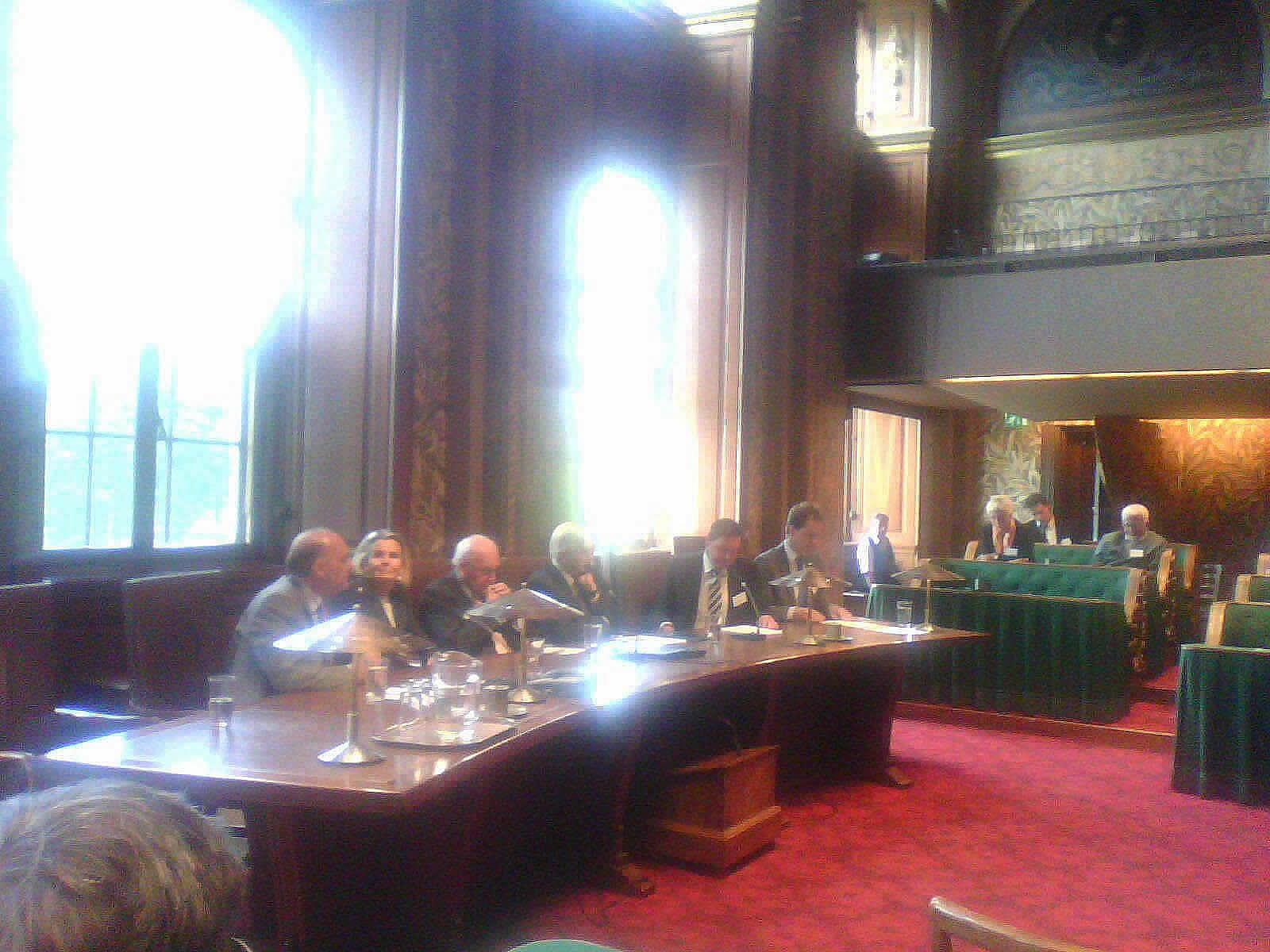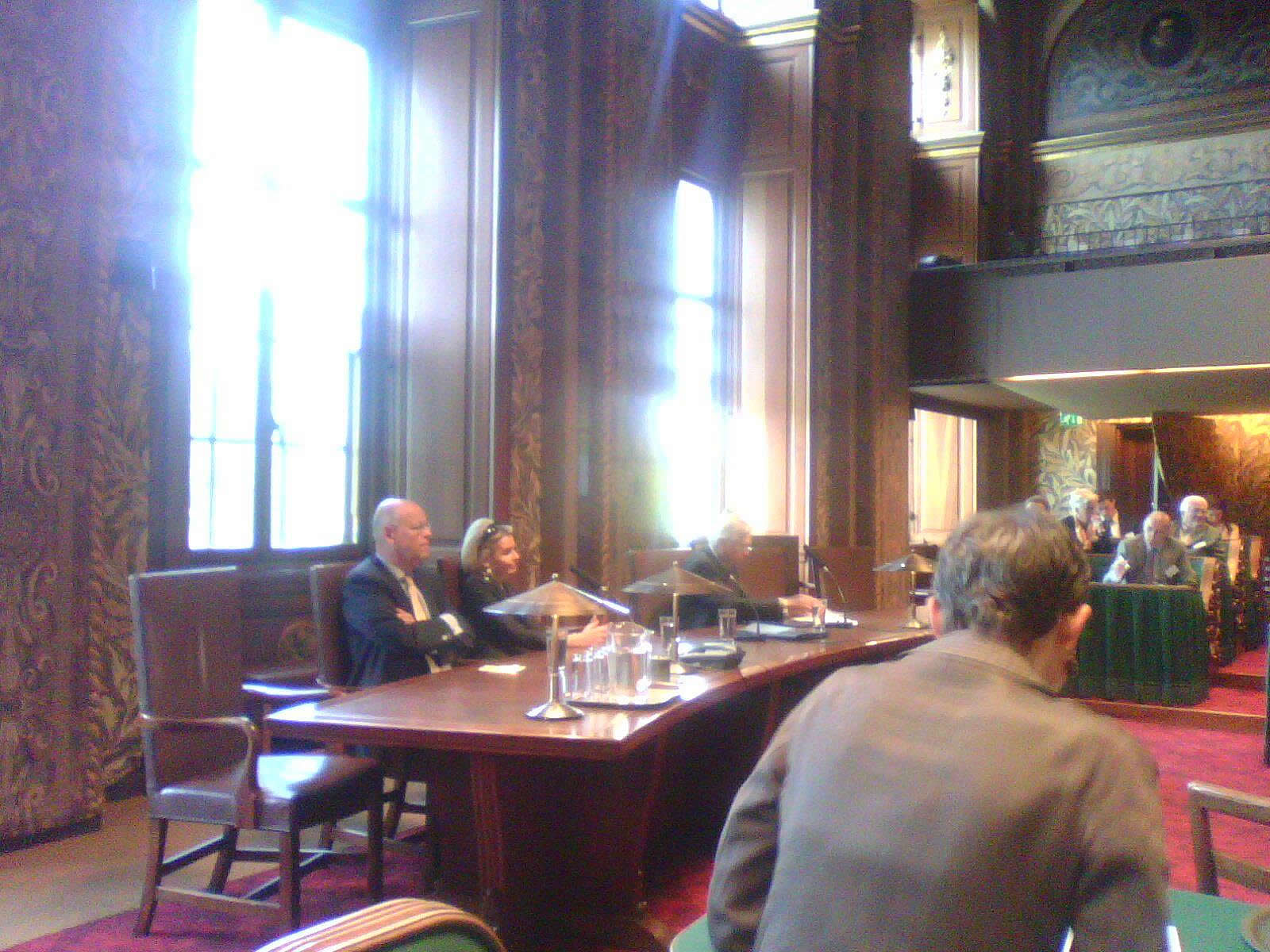Also the
exactness of considerations and reflections was addressed, which inspired the 6 European countries to sign the Treaty of Paris in April 1952 and that lead to the establishment of the ECSC in 1952.
Although these considerations has still their value, the present policies of the European institutions has to be turned over in one's mind. Furthermore, more European integration does not necessarily mean 'lose of identity'. And it is a misunderstanding to think that European countries can solve their problems within national context. Member-states of the Union should not hold their national sovereignty on all fields. Now and in the future, strong institutions are necessary. In many ways we need no less, but more Europe.
Brussels is collapsing, due to its own bureacracy. In Germany there was a law 60 for years, which laid down when shops from Denmark to the Alps were allowed to be open. It did't work, because people were too different. When man wanted to go to their hairdresser after church on sunday, they entered the backdoor. That's a lessson for the EU with its unchecked flow of regulations. Bureaucracy, blindness for cultural and other differences between member-states, does decrease the interest of the citizens for the EU. The explanation for that is that most of the aims of the European cooperation are out of date, or achieved. The European structure is still existing, but more because of the own will than due to aims from earlier times. Europe has become an object on itself. And that's why Europe is spitting out a wave of rules and regulations. Looking at it this way, Europe seems to consider itself more and more as political union, while we need a slim Europe that arrange only the necessary issues for the internal market and that can react flexible on challenges from the outside, mainly from Asia.
However, the Dutch standard representative was not impressed by the criticism and opposed that Brussel's regulations are too excessive. Member-states are often point to the EU if a directive has to be carried out again. It are national head of states and ministers who takes the decisions. 'They are part of Brussels'.
Rick Lawson confirmed this statement for the greater part and said to be surprised about the lack of flair on this Europe-day. It is also a task for politicians to underline Europe's achievements.
The discussion was brought back to the heart of the matter by the question: But what kind of Europe do we want to have? A political union, behaving as state or an institution, that is limiting itself till the most necessary to keep Europe's economy competitive?
Europe is more than only economic cooperation. Maybe Asia will outstrip us on economic level, but protection of ideology of human rights, democracy, constitutional state, freedom of expression, you will only find these achievements in Europe.
Europe has to stand in front for these values too! |


|


